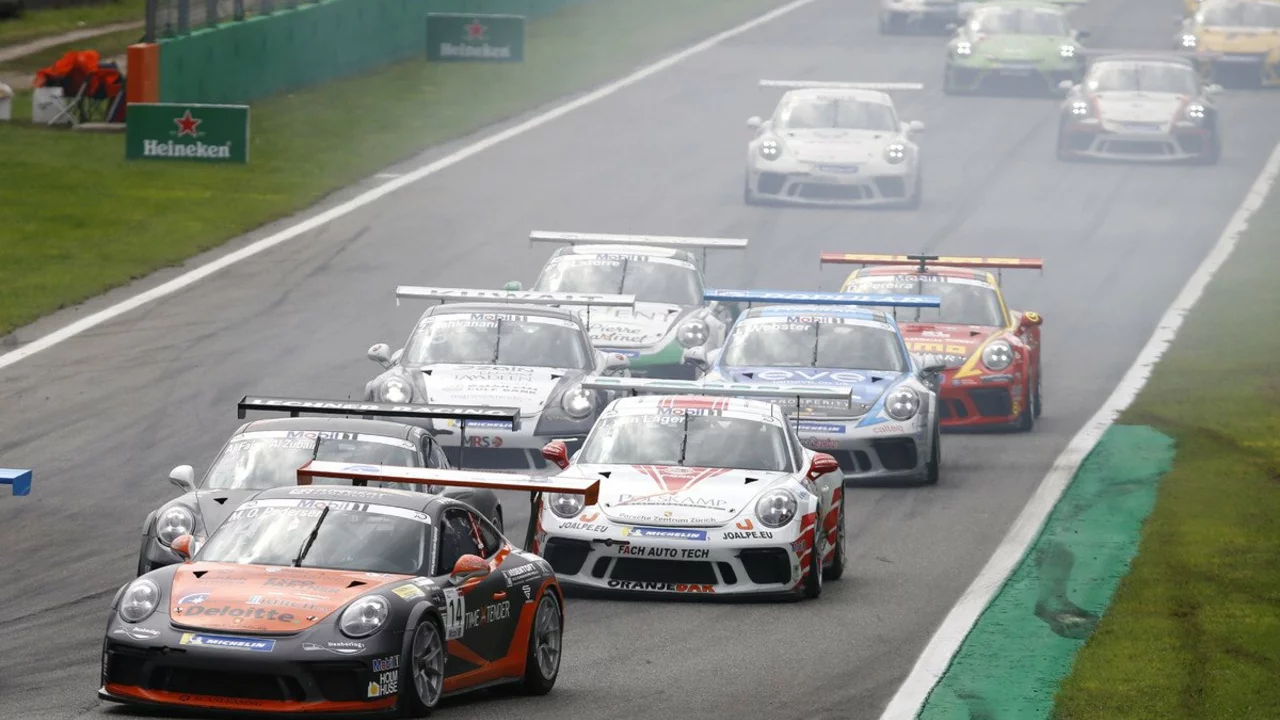Formula One Basics, News & Tips for New Fans
If you’re hearing the roar of engines and wondering what all the hype is about, you’ve landed in the right spot. Formula One, or F1 as the fans call it, is the premier global racing series where the fastest, most advanced cars compete on tracks from Monaco’s tight streets to the high‑speed bowls of Austin.
Each season features about 20‑23 Grand Prix events. Teams like Mercedes, Ferrari, Red Bull, and McLaren build cars that blend aerodynamics, hybrid power units, and cutting‑edge electronics. Drivers earn points based on finishing position – 25 for a win, 18 for second, down to 1 point for tenth. At the end of the year the driver with the most points wears the coveted World Champion crown, while the team with the most points wins the Constructors’ title.
How to Follow a Race Weekend
F1 weekends are easy to follow. Friday hosts two practice sessions where teams fine‑tune setup. Saturday brings a final practice and the crucial qualifying session. Qualifying splits into three short runs (Q1, Q2, Q3) that determine the starting grid for Sunday’s race. The race itself usually lasts about 1.5‑2 hours, covering roughly 305 km (or 260 km at Monaco).
Live streaming is available on the official F1 TV service, and many broadcasters offer free highlights. Social media feeds from the F1 account, drivers, and teams provide real‑time updates, memes, and behind‑the‑scenes clips. If you’re new, start with the race summary videos – they break down key overtakes, strategy calls, and any drama on the track.
Tips for New Fans Getting Into Formula One
1. Learn the key terms. Words like "DRS" (drag reduction system), "undercut", and "pit window" appear all the time. A quick glossary search will help you follow the action without feeling lost.
2. Pick a driver or team. Having a favorite makes the season more personal. Whether you love the legacy of Lewis Hamilton, the youthful energy of Max Verstappen, or the historic badge of Ferrari, rooting for someone gives each race extra meaning.
3. Watch a few classic races. The 2008 Brazil Grand Prix, 2012 Abu Dhabi showdown, and 2021 Abu Dhabi finale showcase strategy, weather, and on‑track battles that define F1’s drama.
4. Follow the tech. F1 isn’t just about speed; it’s a rolling lab for hybrid engines, carbon‑fiber construction, and tire management. Articles on the official F1 site explain how the power unit works and why tire choices can win or lose a race.
5. Join the community. Forums, subreddit threads, and local fan clubs let you chat with other enthusiasts, trade predictions, and even plan trips to watch a Grand Prix in person.
Formula One is a blend of engineering marvels, split‑second decisions, and global spectacle. By understanding the format, keeping up with race weekends, and diving into the fan culture, you’ll turn that initial curiosity into a lasting passion. Ready to hear that engine scream? Start with the next race on the calendar and let the excitement drive you forward.

What's harder, rallying or formula one?
In a recent blog post, we dove into the challenging worlds of rallying and formula one racing. After comparing their intense physical demands, mental endurance, and technical skills required, it seems both sports are incredibly tough in their own ways. However, many argue that rallying might be slightly harder due to its unpredictable terrains and weather conditions. On the other hand, the high-speed precision and split-second decisions required in Formula One can't be underestimated. Ultimately, the verdict is subjective and depends on personal preference and strengths.
read more